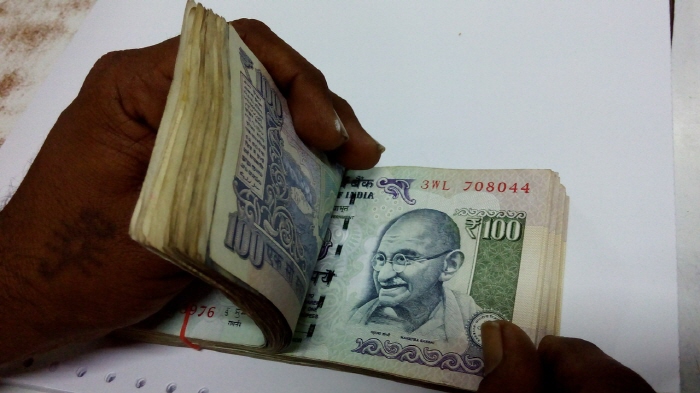In midst of the winter parliamentary session, the government is keen to gain traction on the key Goods and Services Tax (GST) bill. Passage of the latter will provide the much-needed impetus on big-ticket reforms. Towards this end, the much-awaited GST panel tabled its proposals. It recommended a revenue neutral rate of 15.0-15.5% (excluding petroleum, real estate, alcohol and electricity). This rate is meant to be fiscally neutral for the state and central government's finances.
While the panel prefers a single unified rate, it also laid out a rate structure to give flexibility to policy choices. One of the options is to impose a lower 12% rate on essential goods, 40% on luxury items (tobacco, luxury cars etc.) and the remaining taxed at 17-18%. All services could be pegged at the standard 17- 18% level. It was also proposed to scrap the additional 1% inter-state tax for manufacturing states. The decision on the exact rate and revenue-sharing would be left to the GST council which will be formed after the constitutional amendments are passed.
The committee estimates minimal inflationary and fiscal implications from this revenue neutral rate. But intermittent price pressures are likely as services taxes are raised from the current 14.5% to 17-18%, while product taxes are fine-tuned (few lowered). To compensate for any fiscal pressure on states, the revenue compensation period of five years is under consideration. Passage of the GST bill will be a boost to revive the Make in India policy and improve the ease of doing business by subsuming plethora of taxes/ exemptions in the system. On growth, a Thirteenth Finance Commission taskforce estimated that the boost to growth could be in the range of 0.9-1.7% of GDP.
At this stage, these proposals are not binding. If these recommendations are accepted, these will built into the GST bill that is pending in the upper house. Prima facie, the proposals fulfil some of the key objections raised by the opposition parties, increasing the odds that the GST bill will pass through this parliament sitting.
"Considering the logistical and technological architecture that needs to be put in place before this unified rate becomes effective, we see the risk that the Apr16 implementation deadline will be missed and delayed to second half of 2016", notes DBS Group Research.
India's GST committee tables proposals

Monday, December 7, 2015 2:28 AM UTC
Editor's Picks
- Market Data
Most Popular
3



 Trump Floats Ted Cruz for Future U.S. Supreme Court Nomination
Trump Floats Ted Cruz for Future U.S. Supreme Court Nomination  PBOC Scraps FX Risk Reserves to Curb Rapid Yuan Appreciation
PBOC Scraps FX Risk Reserves to Curb Rapid Yuan Appreciation  FxWirePro: Daily Commodity Tracker - 21st March, 2022
FxWirePro: Daily Commodity Tracker - 21st March, 2022  Germany and China Reaffirm Open Trade and Strategic Partnership in Landmark Beijing Visit
Germany and China Reaffirm Open Trade and Strategic Partnership in Landmark Beijing Visit  U.S.-Iran Nuclear Talks Show Progress but No Breakthrough Amid Rising Military Tensions
U.S.-Iran Nuclear Talks Show Progress but No Breakthrough Amid Rising Military Tensions  BOJ Signals Possible April Rate Hike as Ueda Eyes Inflation and Wage Growth Data
BOJ Signals Possible April Rate Hike as Ueda Eyes Inflation and Wage Growth Data  Federal Judge Blocks Virginia Social Media Age Verification Law Over First Amendment Concerns
Federal Judge Blocks Virginia Social Media Age Verification Law Over First Amendment Concerns  Venezuela Oil Exports to Reach $2 Billion Under U.S.-Led Supply Agreement
Venezuela Oil Exports to Reach $2 Billion Under U.S.-Led Supply Agreement  Trump to Address Nation as U.S. Launches Strikes in Iran, Axios Reports
Trump to Address Nation as U.S. Launches Strikes in Iran, Axios Reports  Gold Prices Rally in February as Geopolitical Risks and Economic Uncertainty Boost Safe-Haven Demand
Gold Prices Rally in February as Geopolitical Risks and Economic Uncertainty Boost Safe-Haven Demand  Melania Trump to Chair UN Security Council Meeting as U.S. Assumes Presidency
Melania Trump to Chair UN Security Council Meeting as U.S. Assumes Presidency 






























